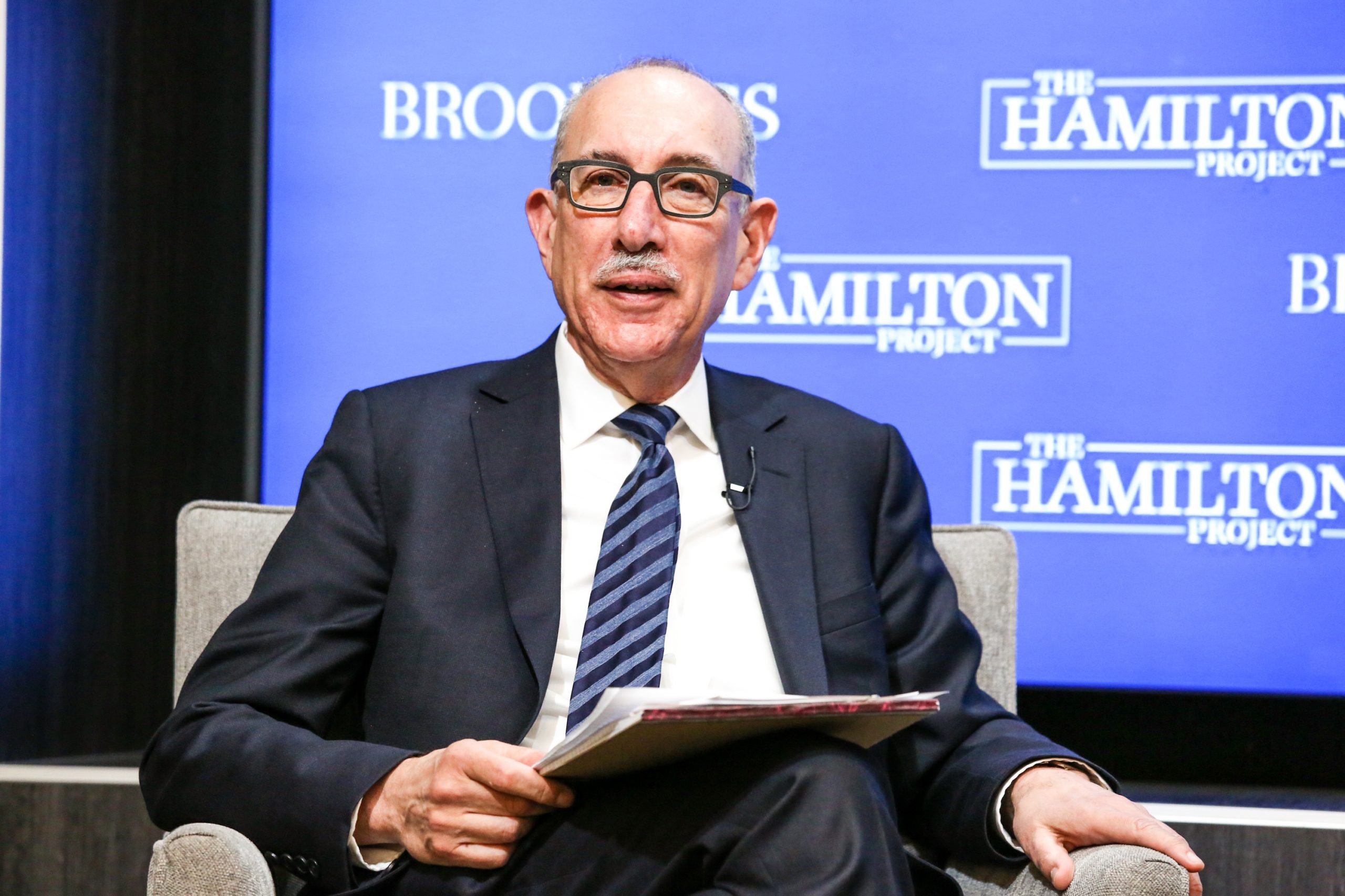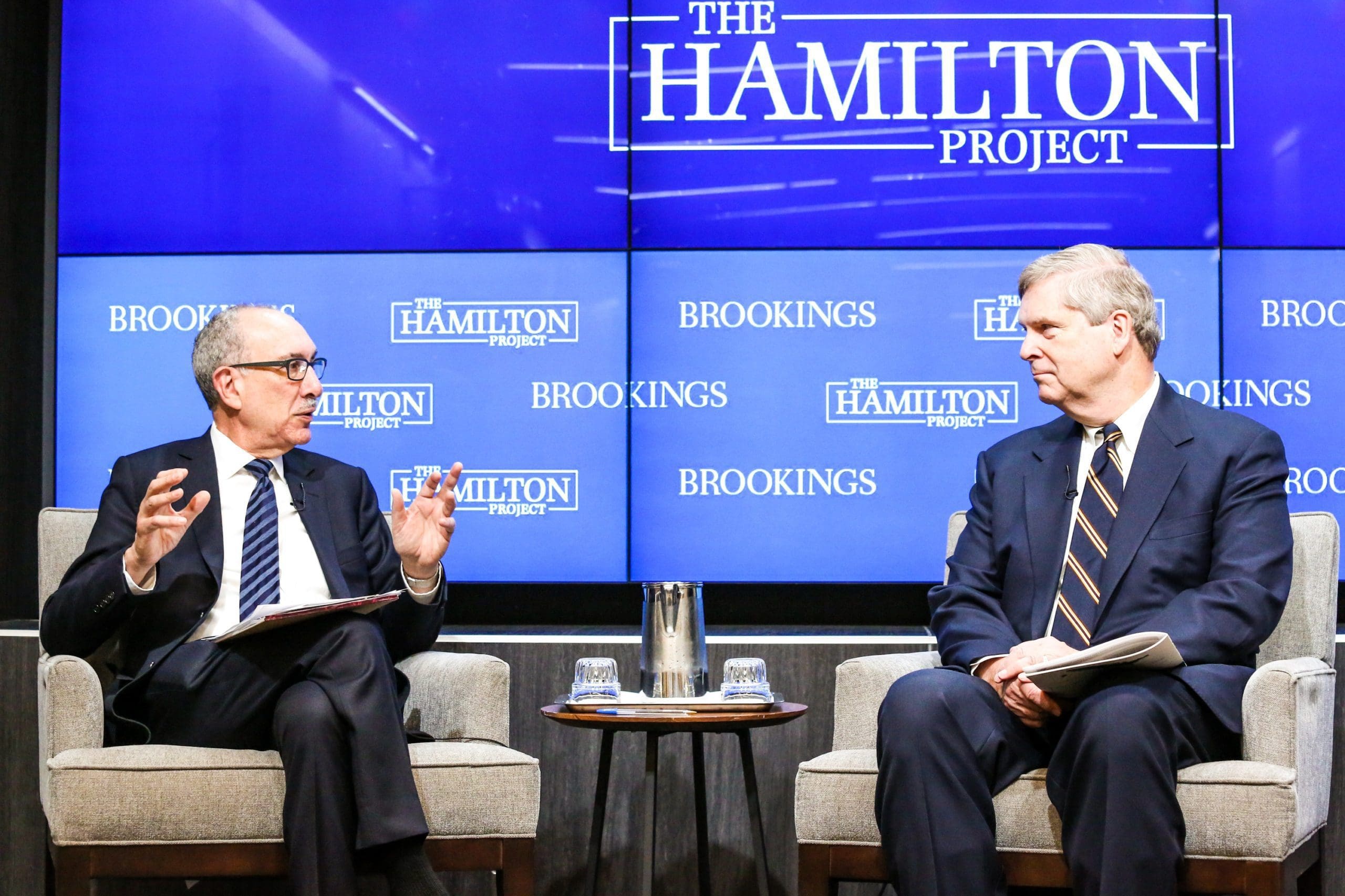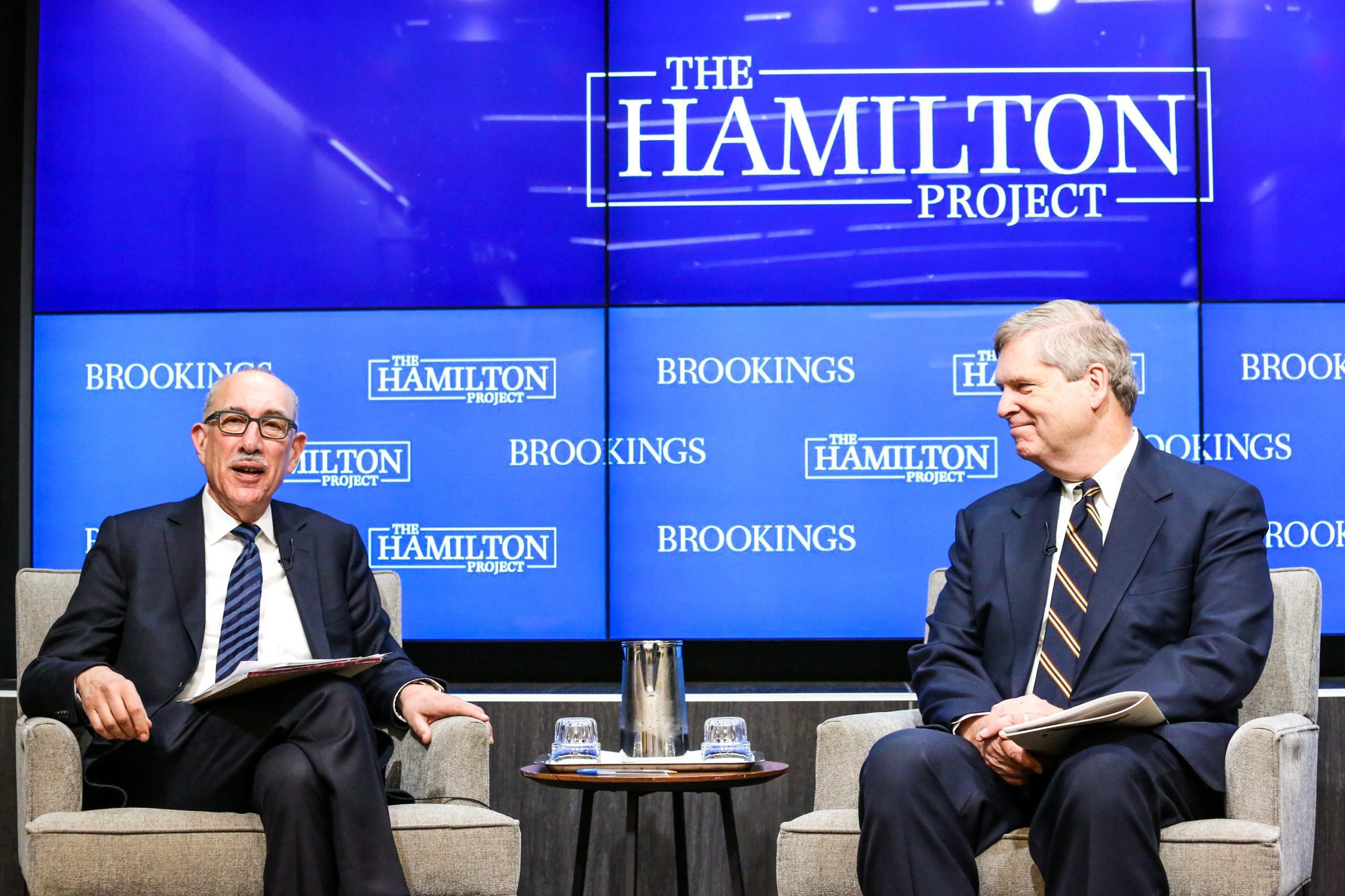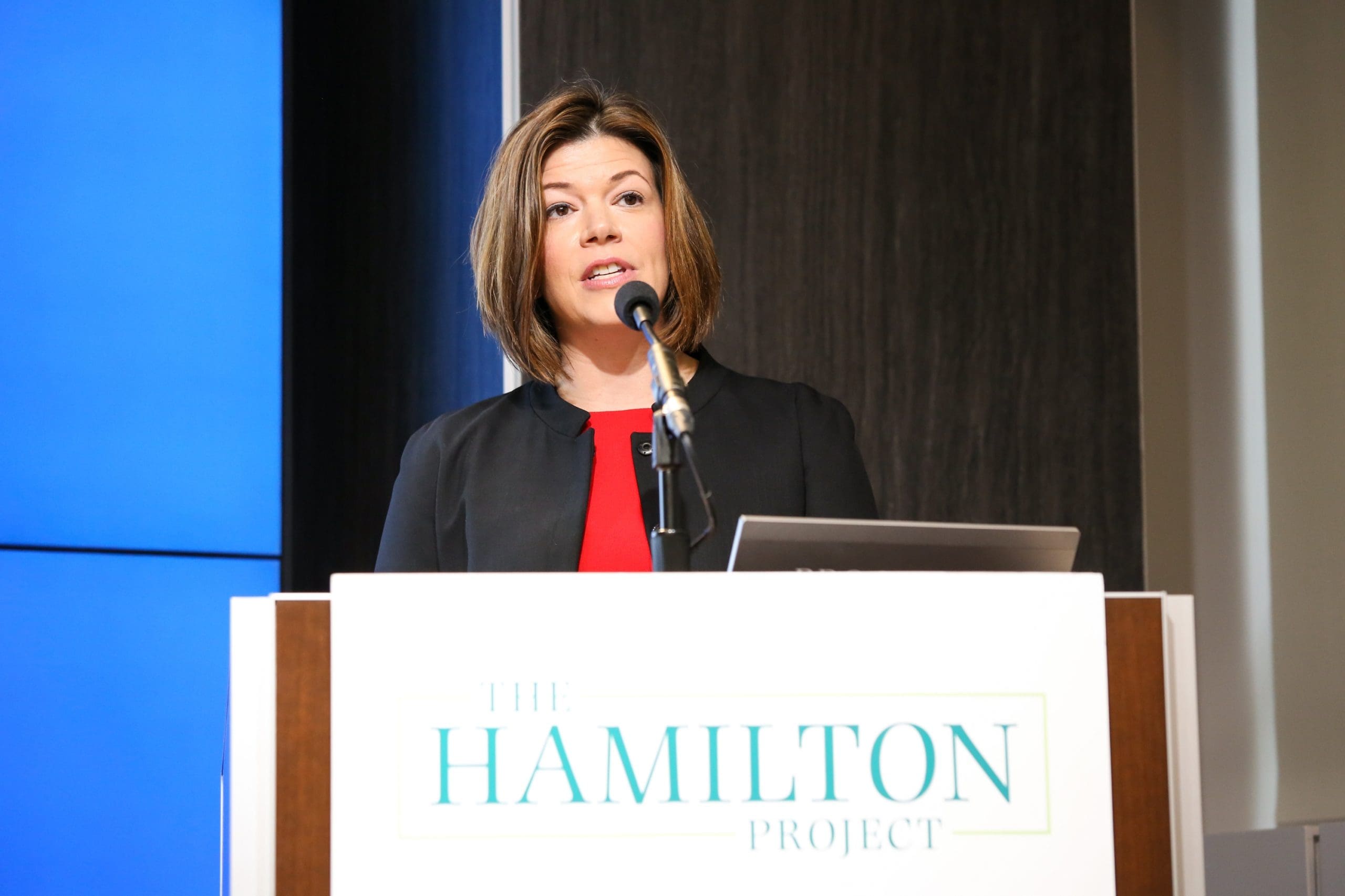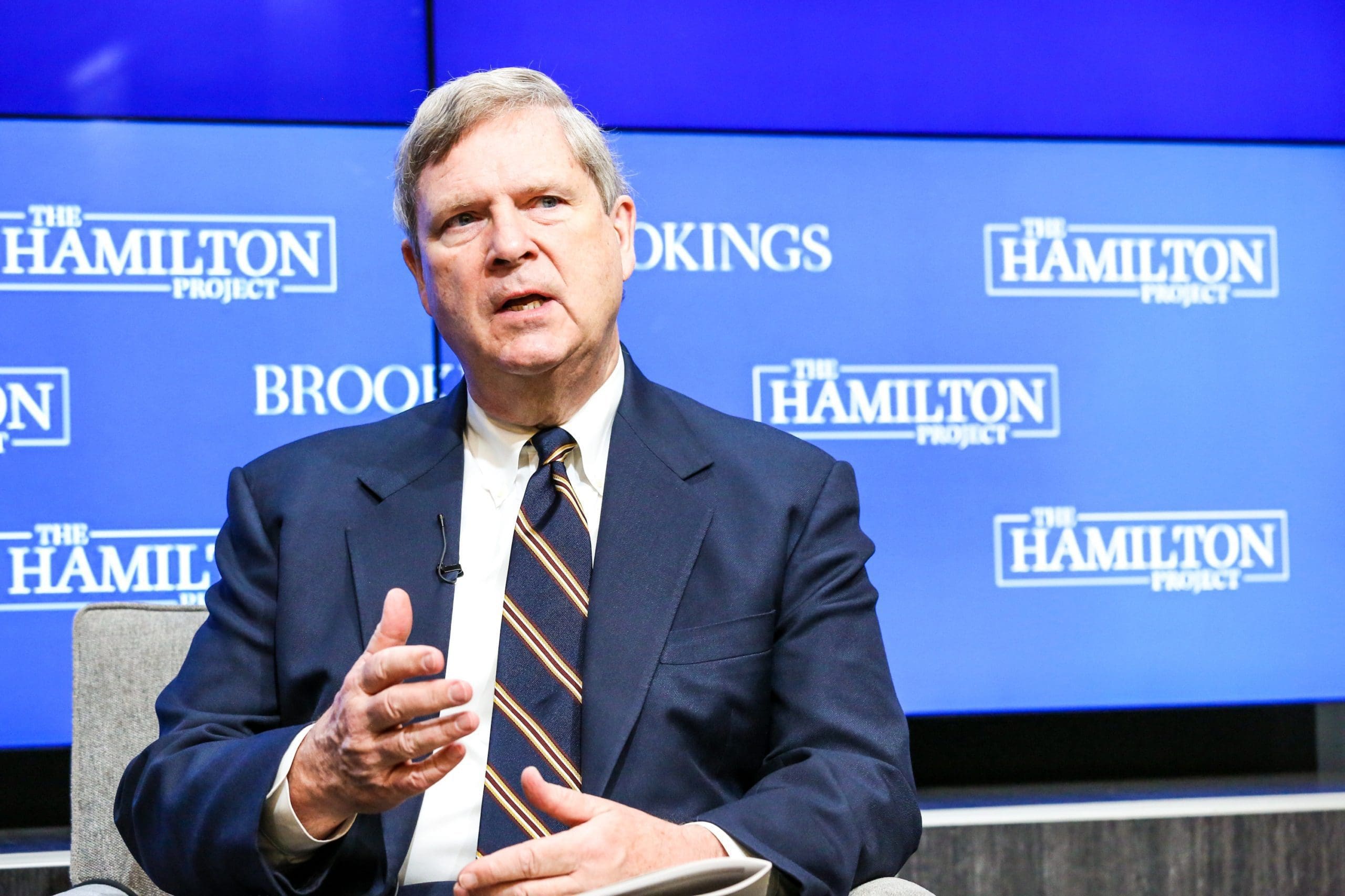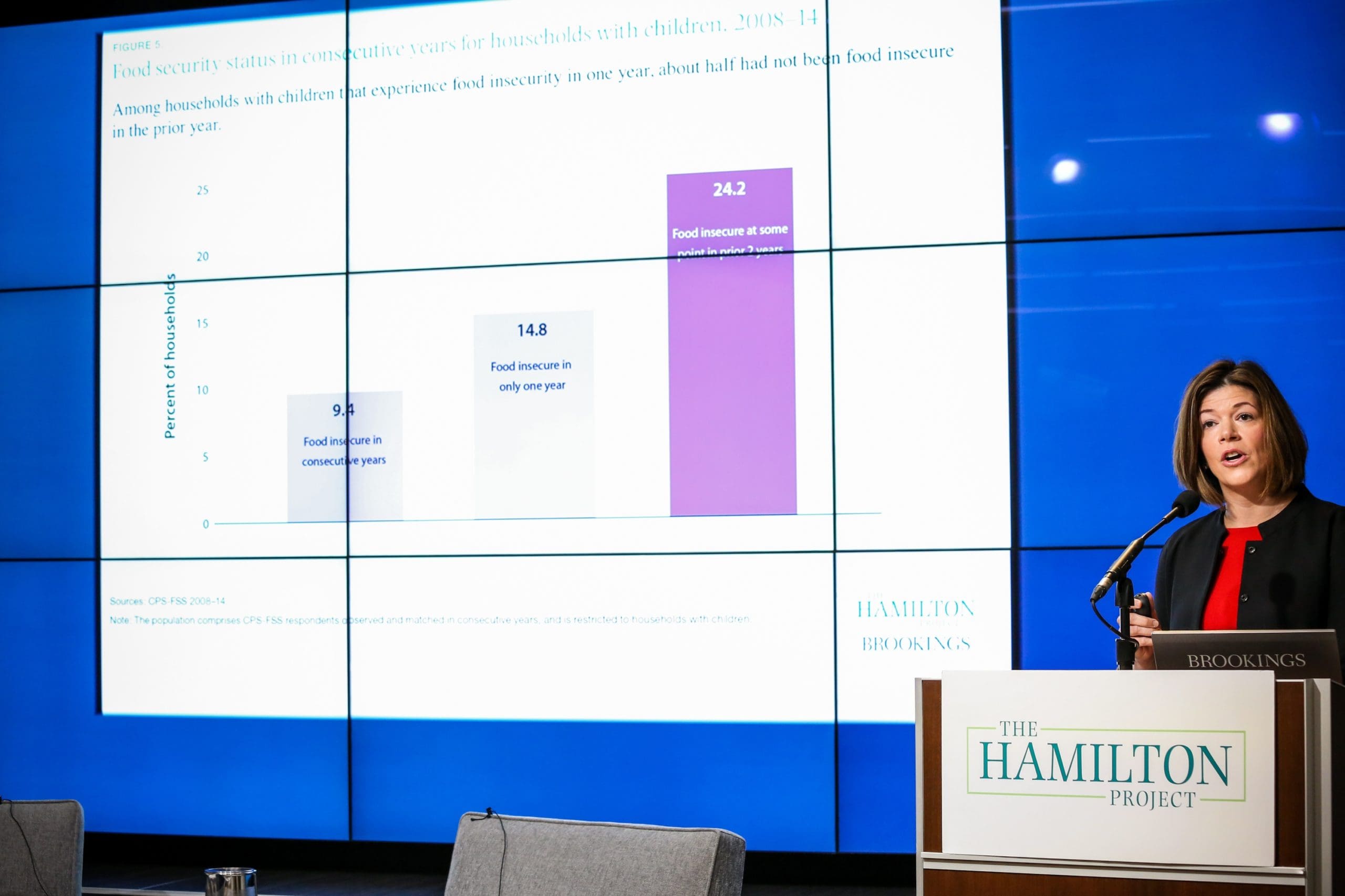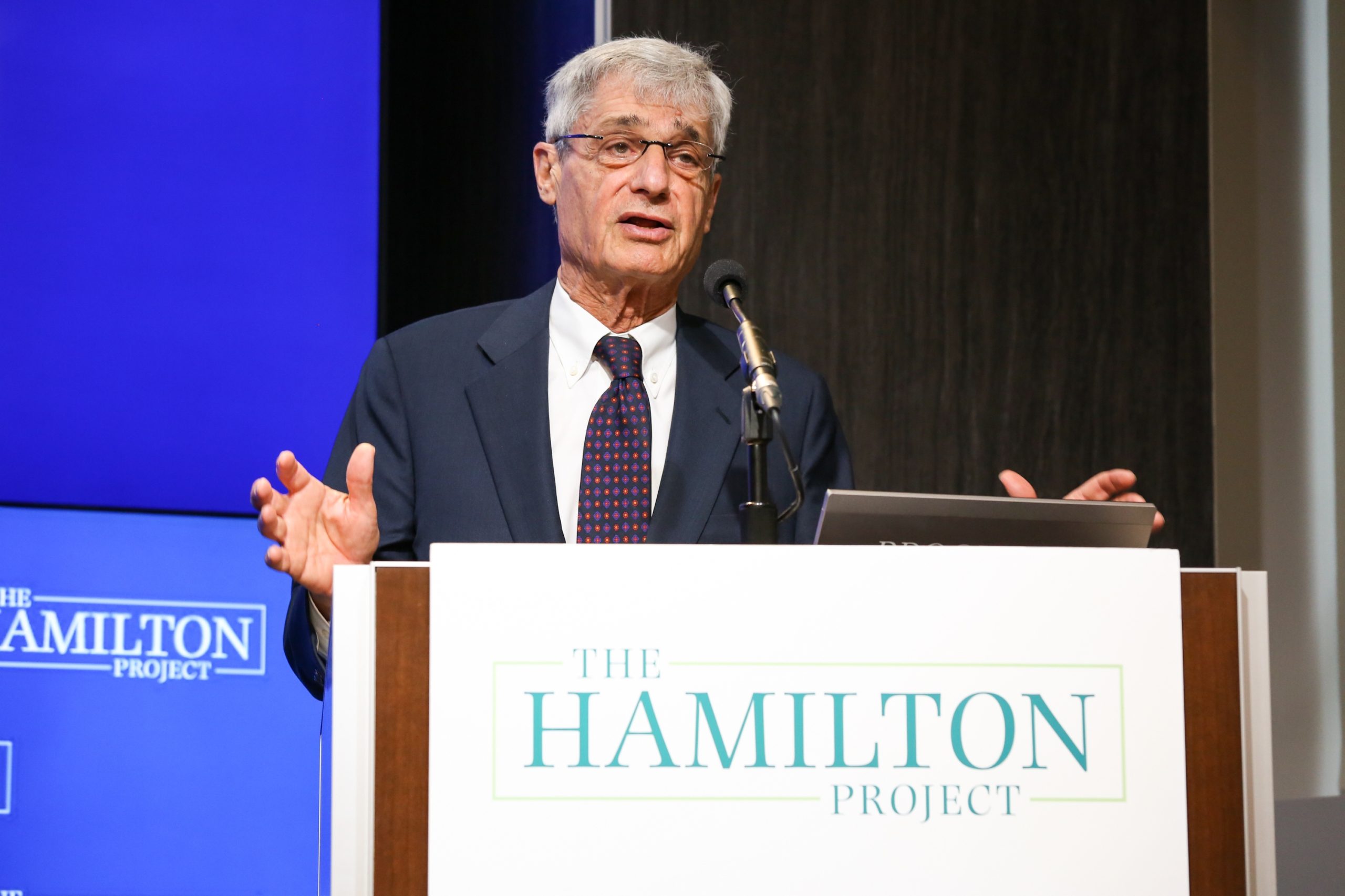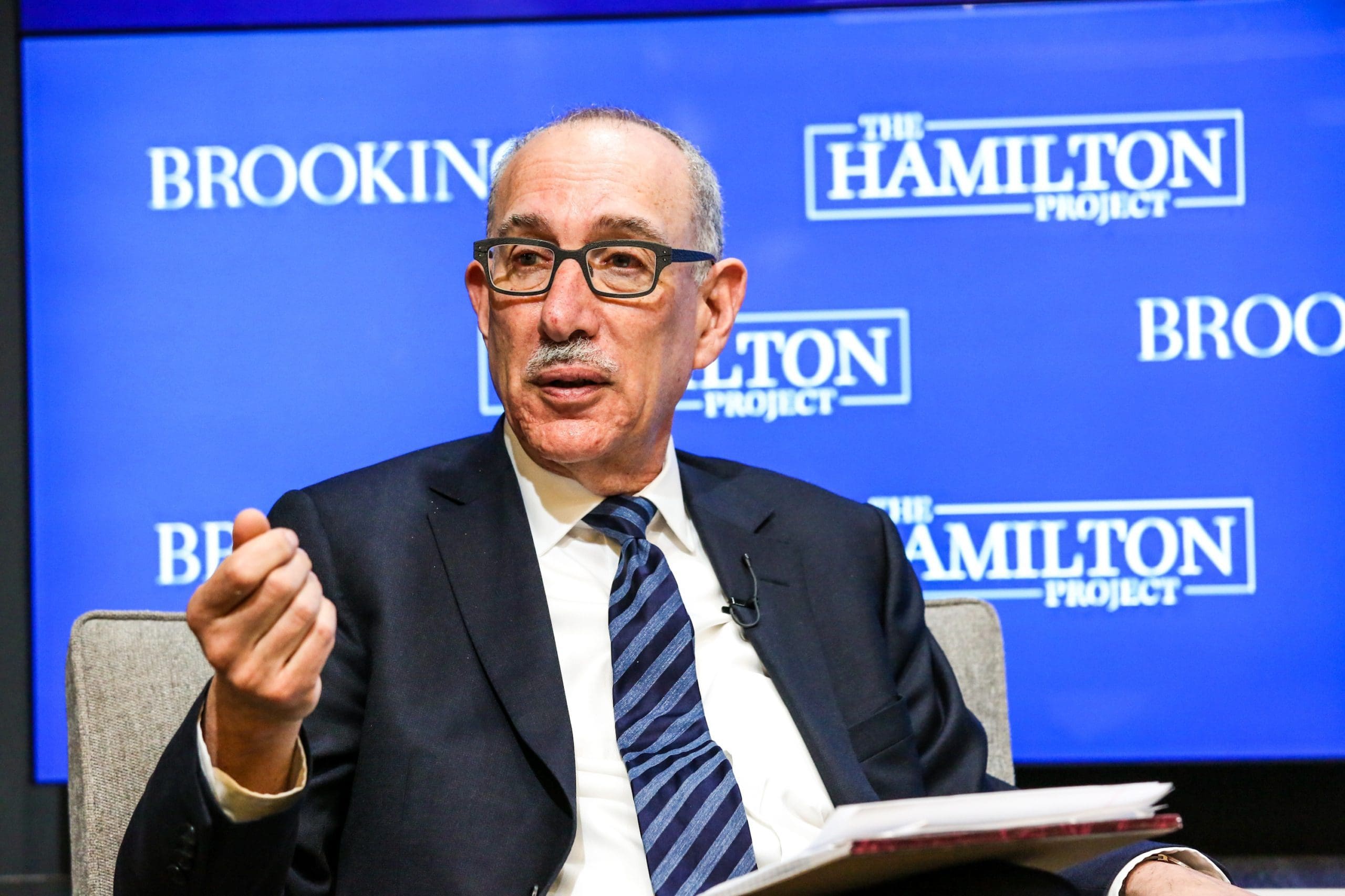Food insecurity impacts one in seven households in the United States and affects families with a range of incomes—two-thirds of food insecure households have incomes above the poverty line. However, the safety net—including the highly effective Supplemental Nutrition Assistance Program (SNAP) that lifts tens of millions of people out of poverty—can play an important role in reducing food insecurity. In fact, recent studies have shown that SNAP’s impact extends beyond providing basic nutrition, also improving health outcomes, households’ financial well-being, and even the later-life outcomes of children with access to the program.
On April 21, The Hamilton Project hosted a breakfast forum exploring policy solutions to alleviate food insecurity. In conjunction with the event, The Hamilton Project also released a new set of economic facts on food insecurity, SNAP and nutrition-support programs. The forum began with opening remarks by former U.S. Treasury Secretary Robert E. Rubin, followed by framing remarks from Diane Whitmore Schanzenbach, director of The Hamilton Project. U.S. Department of Agriculture Secretary Tom Vilsack then joined in a fireside chat moderated by Robert Greenstein, founder and president of the Center on Budget and Policy Priorities.
Agenda
8:00 AM Registration Opens
8:30 AM Welcome and Introductions
Robert E. Rubin
Co-Chair, Council on Foreign Relations
Former U.S. Treasury Secretary
8:45 AM Framing Remarks
Diane Schanzenbach
Director, The Hamilton Project
9:00 AM Fireside Chat: Policies to Alleviate Food Insecurity
Discussant: Secretary Tom Vilsack
U.S. Department of Agriculture
Moderator: Robert Greenstein
Founder and President, Center on Budget and Policy Priorities




